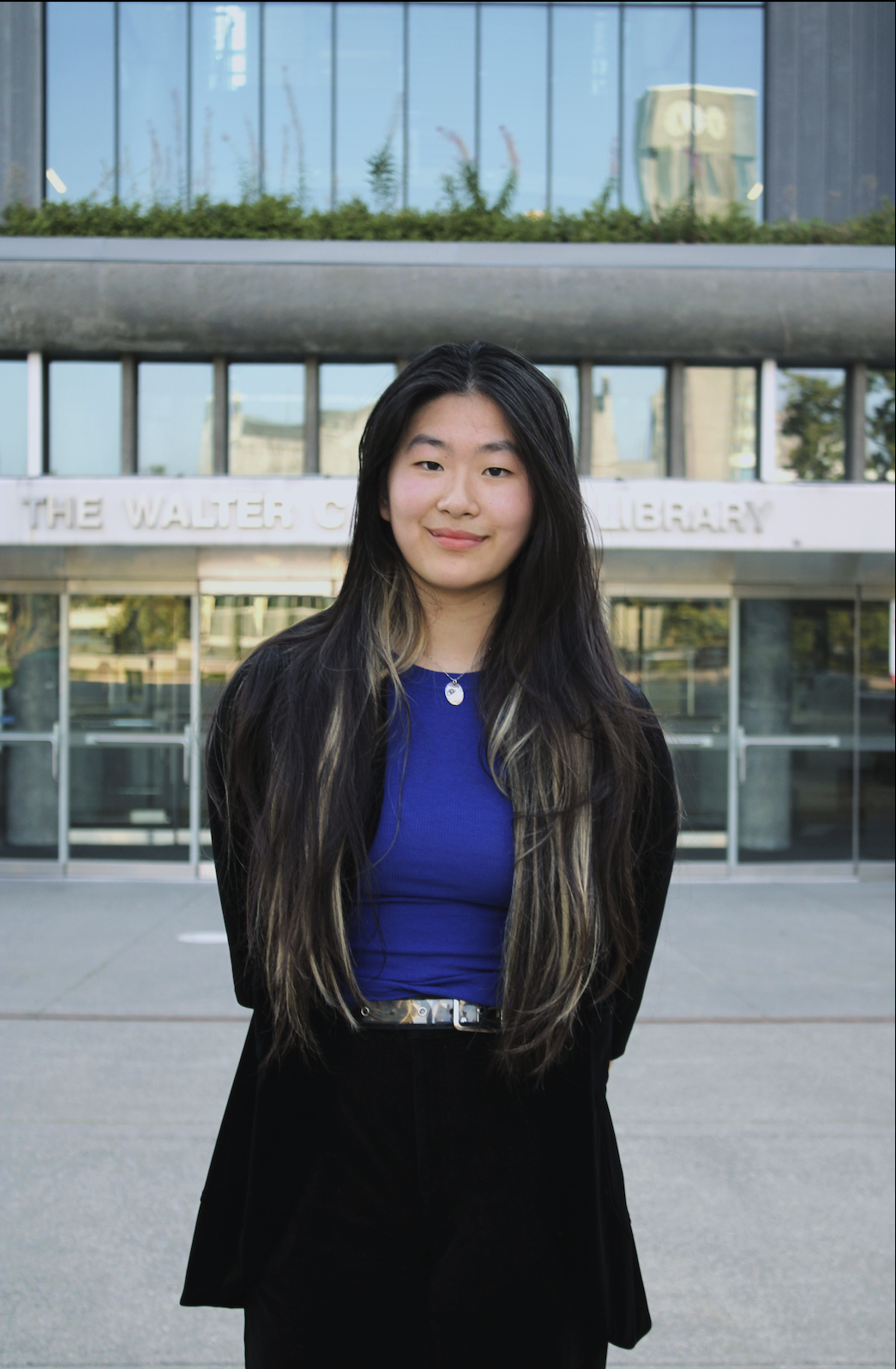Established by ECOSOC through UN Resolution 1992/1, the Commission on Crime Prevention and Criminal Justice (CCPCJ) is the UN’s primary policymaking body for crime prevention and criminal justice in place of the former Commission on Crime Prevention. The Commission functions to guide and further the work of the United Nations Office of Drugs and Crime and other UN bodies involved in crime prevention. Meeting twice a year, the Commission strives to lead multistate solutions in combatting national and transnational crime, improving the efficiency and fairness of judicial systems, and safeguarding victims’ rights.
This committee is specifically designed for intermediate and experienced delegates. Position papers, although strongly recommended, are not required. However, delegates who wish to be considered for an award must submit their position papers by January 12, 2026, at 23:59 PST. More information about position papers can be found in the Position Paper Guide, on the Delegate Resources Page.
Topic A: Predictive Policing (Click to show summary)
Predictive policing refers to the integration of algorithmic technologies, particularly artificial intelligence, into law enforcement to anticipate potential criminal activity before it occurs. Using large datasets including historical crime records and individual behavioural data, predictive tools forecast and deploy police to sites with increased likelihood of criminal reoffense. While this practice can improve the resource allocation of police departments, it can also reinforce existing biases if trained on historically inaccurate data, leading to the disproportionate over-policing of marginalized communities. As AI further embeds itself in predictive technologies, there are rising concerns over the ethics of mass data profiling and whether governments are implementing robust legal boundaries to protect citizens from human rights violations.
Topic B: Whistleblower Protection (Click to show summary)
Whistleblower protection refers to legal and institutional safeguards dedicated to shielding individuals who expose wrongdoing—including corruption, violations of law, or exploitation—from retaliation. These protection laws can take the form of confidentiality guarantees, protection against career terminations, and, in some countries, monetary rewards for whistleblowers. While these measures encourage accountability within an organization, the weak enforcement of protection laws often deters potential whistleblowers from reporting such incidents. As governments increase their dependency on digital reporting systems, it is imperative to question whether these tools truly secure whistleblower identities and whether there are enforceable mechanisms to hold institutions accountable if protections are breached.

Iona Jiang | Director
Entering her Grade 12 year at St. John’s School, Iona is honoured to serve as the Director for CCPCJ at VMUN 2026. Ever since her first conference at VMUN 2024, where she sat in the back of the committee room and barely spoke, Iona has cultivated a profound passion for diplomatic discussions. From productive negotiations in the conference room to being stuck in an elevator with fellow delegates, Iona carries fond memories from her MUN experiences. Outside of the conference room, Iona can be found doodling on scrap paper, drinking a can of Celsius, or catching up on her school assignments. Iona looks forward to inviting everyone to an exciting weekend of debate at VMUN 2026!

Matthew Du | Chair
A Grade 10 student at St. George’s School, Matthew is beyond honored to be serving as the Chair of CCPCJ. Matthew started his MUN journey in Grade 6, not knowing what that three-letter abbreviation even stood for. MUN for Matthew began as just a fun weekend away with his friends. However, it was in those late-night Mario Kart games and the zealous debates on GMOs where Matthew found a growing passion for diplomacy and political advocacy. After four years as a delegate, Matthew is excited to help cultivate an unforgettable weekend for his delegates at VMUN 2026. Outside of MUN, you can find Matthew breaking his wallet for another matcha latte, reading Camus’ essays, beating all his friends in Clash Royale, or rowing on the Fraser River. Matthew is looking forward to meeting everyone at VMUN 2026!

Gurnoor Turna | Assistant Director
As a Grade 12 student at Khalsa Secondary School, Gurnoor is ecstatic to serve as the Assistant Director of CCPCJ. Since embarking on her MUN journey as a wide-eyed Grade 9, Gurnoor has developed new interests she thought she would never engage in. From being told to prohibit the use of personal pronouns in Interpol as Cuba to becoming part of the well-equipped staff at VMUN, she has learned the ways of the MUN world. She takes delight in strongly stating her facts while delegates bang their tables in agreement, just as much as she enjoys screaming out song lyrics at the delegate social. Outside the committee room, Gurnoor can be seen at the karate dojo, watching the next movie on her extensive list, or at the gym with her headphones on their loudest setting. She hopes to create an encouraging environment for all delegates and to make VMUN 2026 a memorable experience.
You can contact the Director at ccpcj@vmun.com. Any questions regarding the committee or its debate procedures will be answered by email. Position papers must also be submitted to this address.
